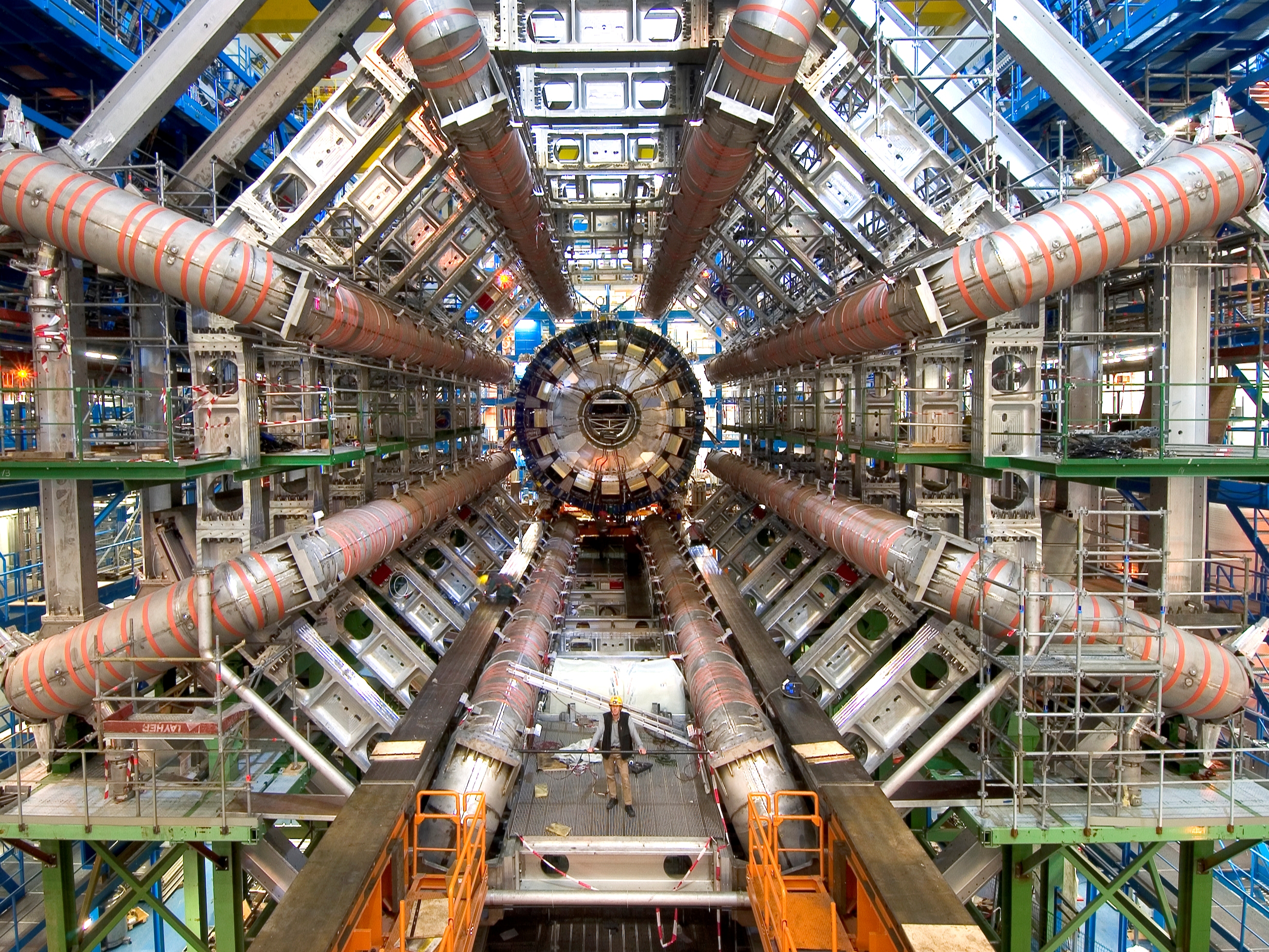Scientists propose creating black holes
But promise not to suck entire planet into oblivion

Boffins at Dartmouth University in New Hampshire are proposing to creating reproduction black holes in their laboratory.
The tiny black holes will be made on a much-tinier scale than their celestial counterparts - in fact, they'll be quantum sized to avoid dooming us all to relativistic gravitational demise.
The plan has been made to vindicate Stephen Hawking's theory that black holes are not completely black but emit photons called, appropriately enough, Hawking radiation.
Student meddles with forces man was not meant to understand
"Hawking famously showed that black holes radiate energy according to a thermal spectrum," said Paul Nation, a graduate student at Dartmouth. (Just a minute - if someone is going to create black holes on their workbench, I want it to be at least a professor, and preferably a Nobel laureate).
"His calculations relied on assumptions about the physics of ultra-high energies and quantum gravity. Because we can't yet take measurements from real black holes, we need a way to recreate this phenomenon in the lab in order to study and validate it."
Nation has written a paper showing that a magnetic field-pulsed microwave transmission line containing an array of superconducting quantum interference devices (SQUIDs) can reproduce the physics of a radiating black hole in a system where its high energy and quantum mechanical properties can be directly controlled in the laboratory.
Sign up for breaking news, reviews, opinion, top tech deals, and more.
This is not the first proposed imitation black hole, says Nation. Other mad schemes have considered using supersonic fluid flows, ultracold Bose-Einstein condensates and nonlinear fiber optic cables. However, the predicted Hawking radiation in these schemes is incredibly weak or otherwise masked by commonplace radiation due to unavoidable heating of the device, making the Hawking radiation very difficult to detect.